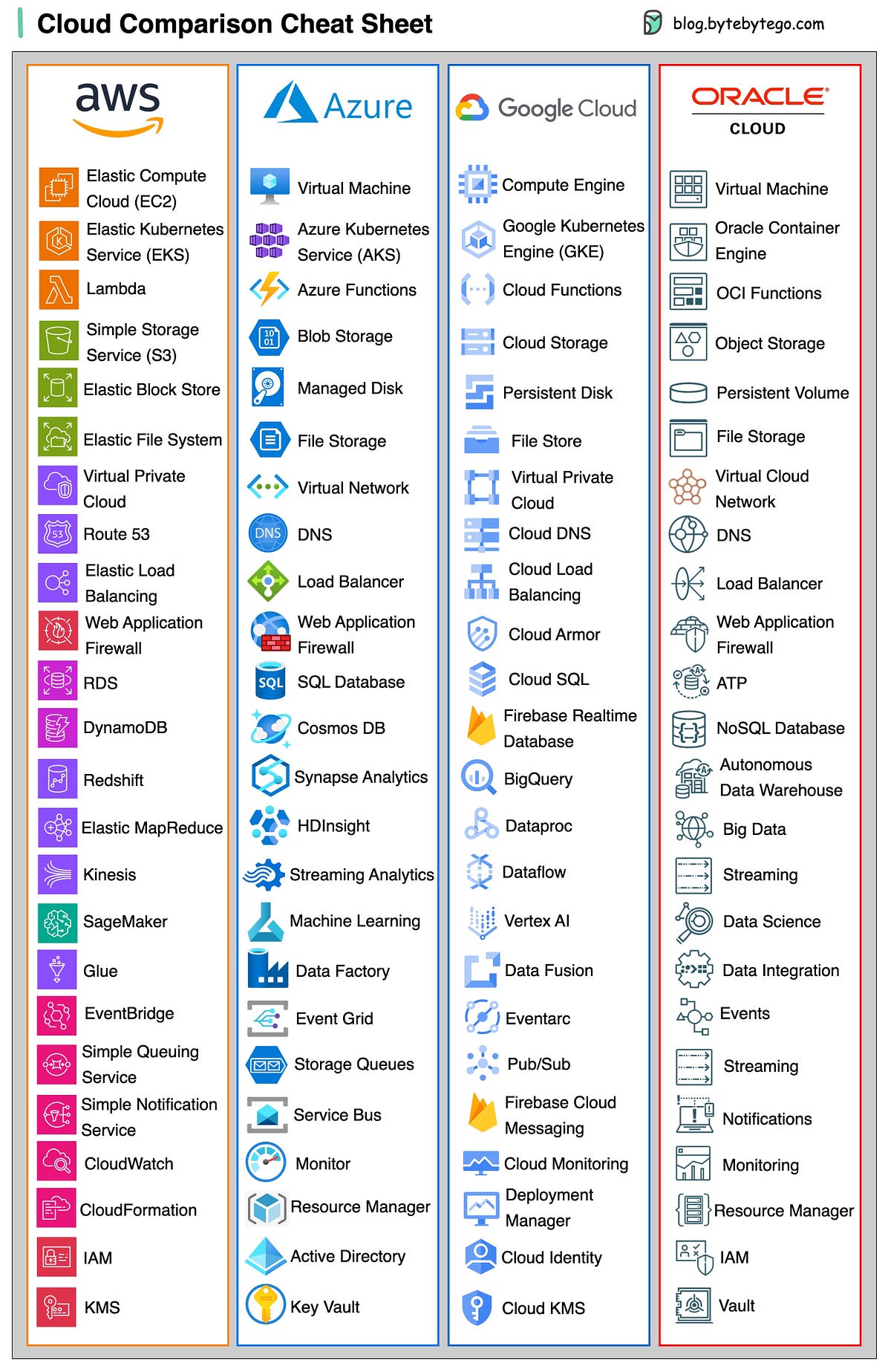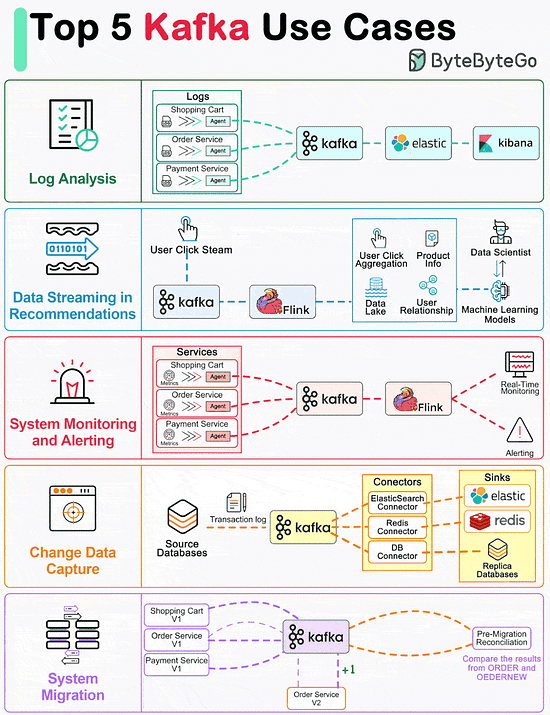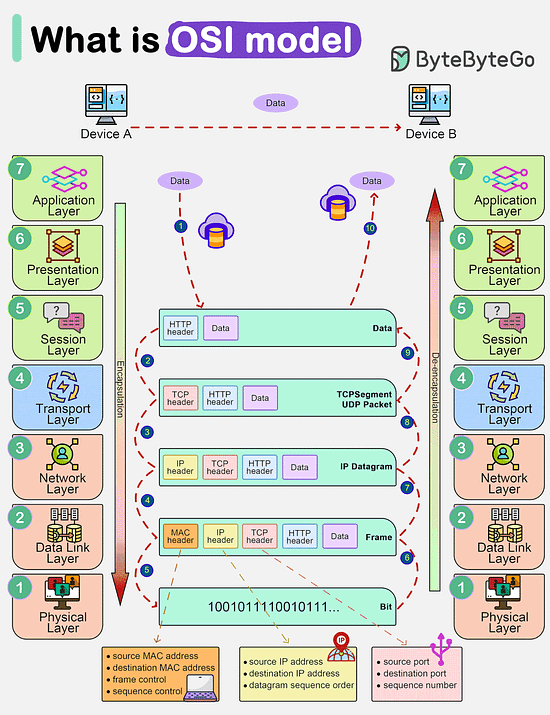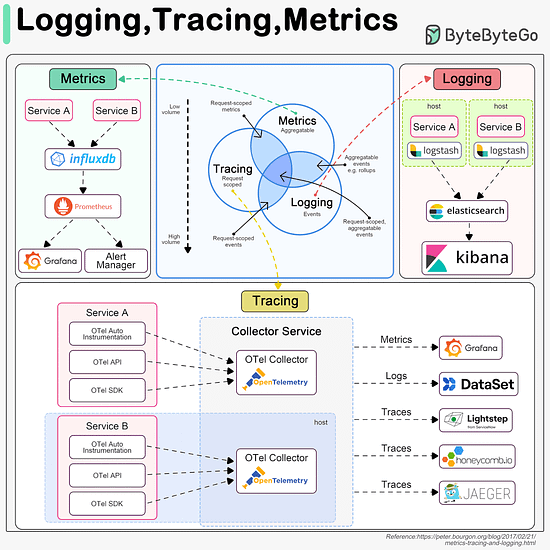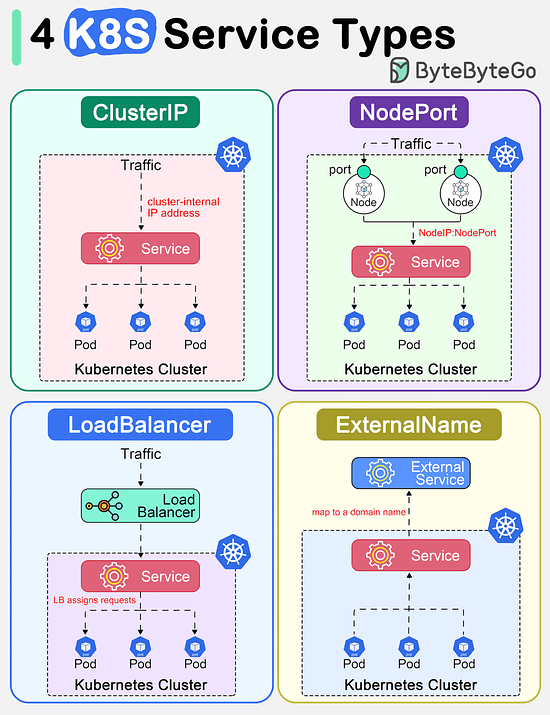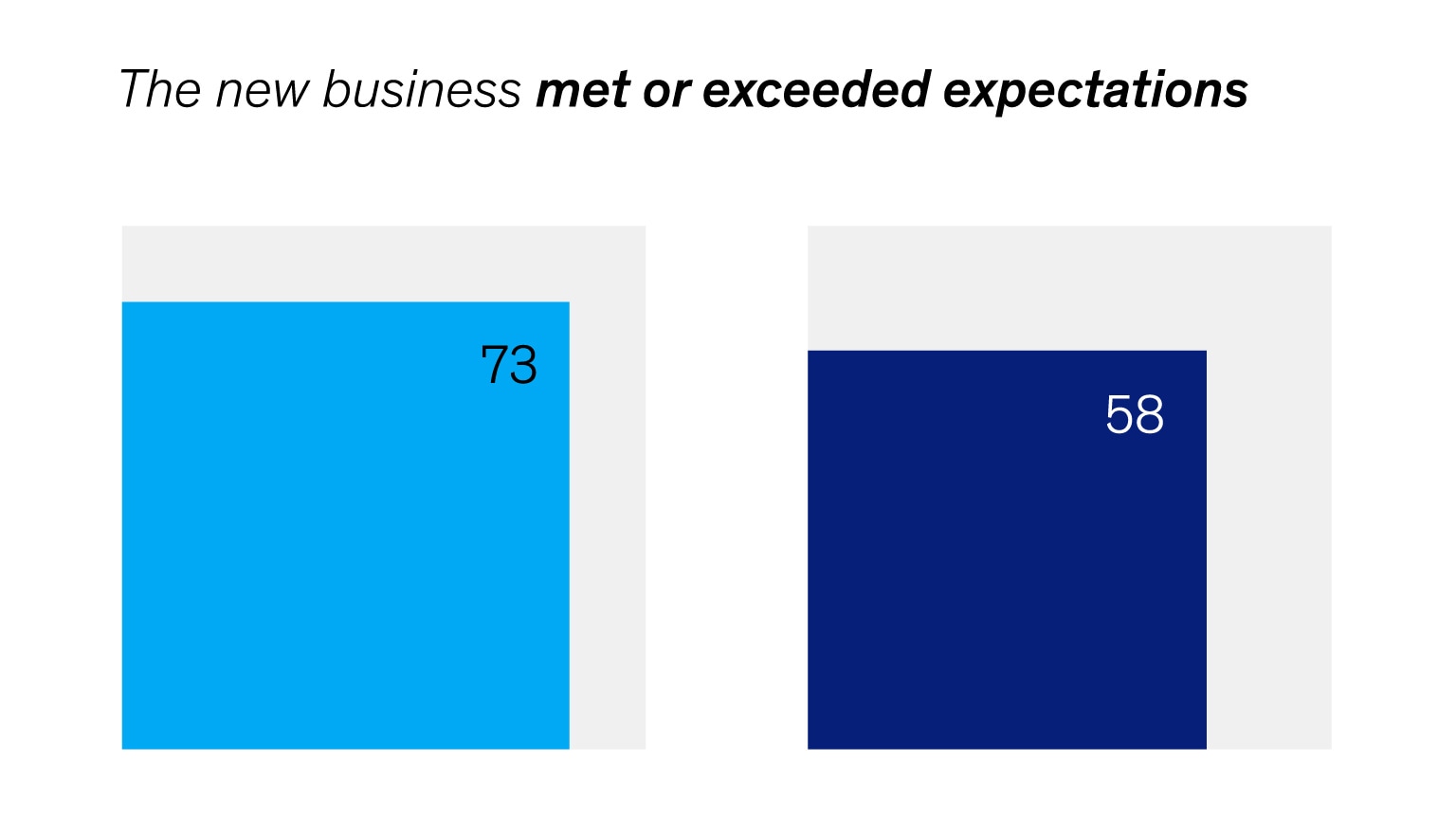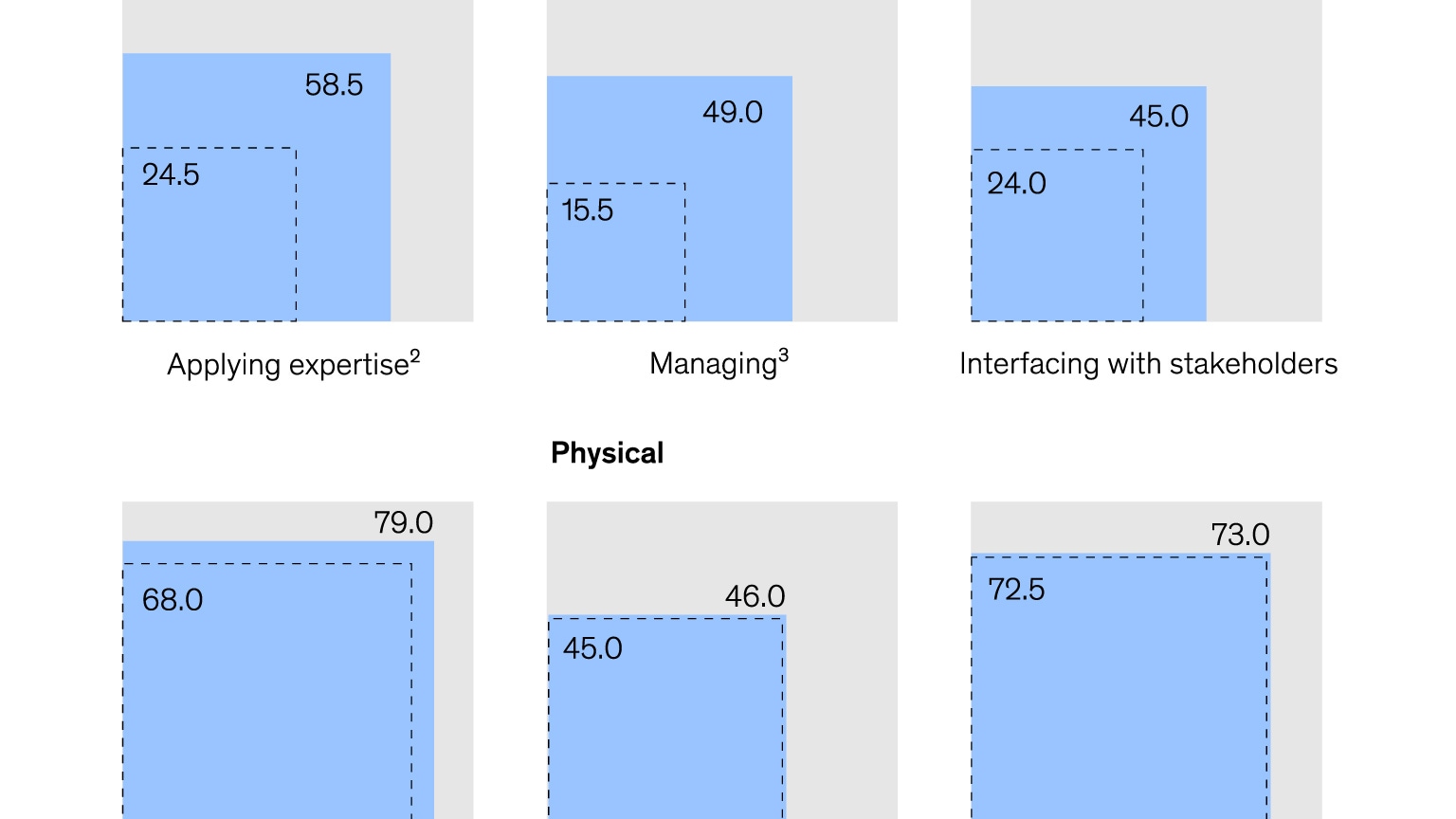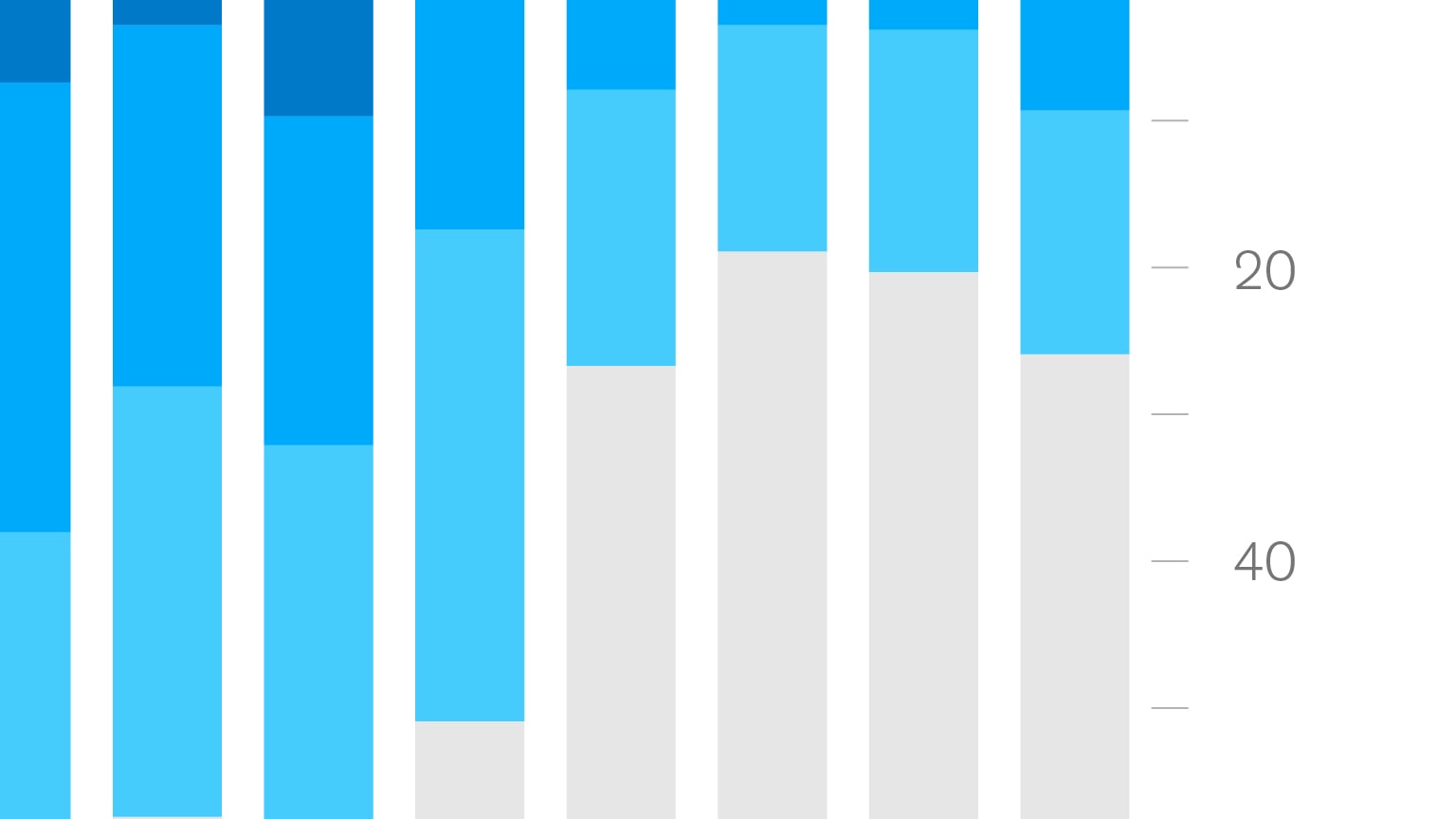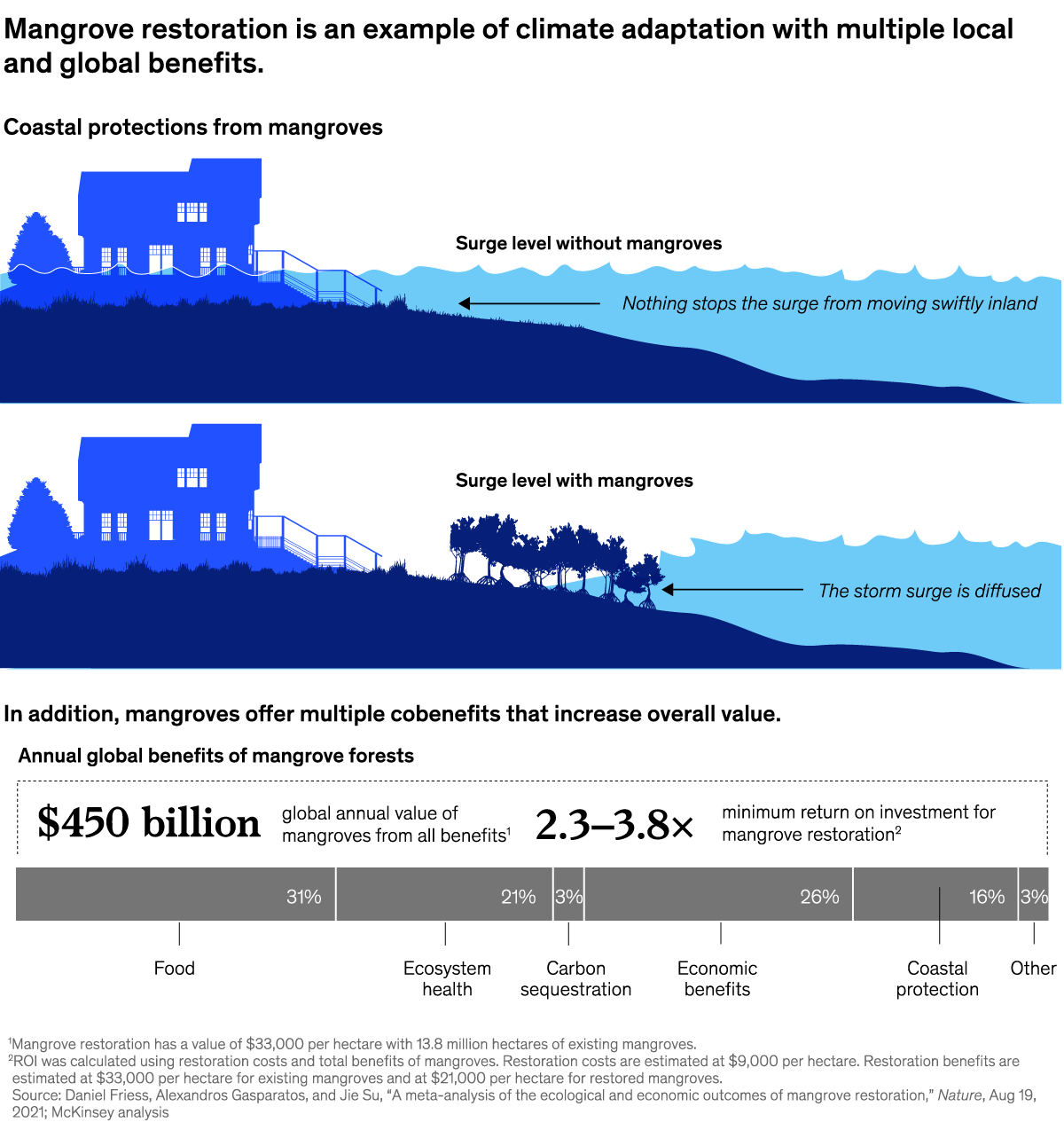Archives
- By thread 5369
-
By date
- June 2021 10
- July 2021 6
- August 2021 20
- September 2021 21
- October 2021 48
- November 2021 40
- December 2021 23
- January 2022 46
- February 2022 80
- March 2022 109
- April 2022 100
- May 2022 97
- June 2022 105
- July 2022 82
- August 2022 95
- September 2022 103
- October 2022 117
- November 2022 115
- December 2022 102
- January 2023 88
- February 2023 90
- March 2023 116
- April 2023 97
- May 2023 159
- June 2023 145
- July 2023 120
- August 2023 90
- September 2023 102
- October 2023 106
- November 2023 100
- December 2023 74
- January 2024 75
- February 2024 75
- March 2024 78
- April 2024 74
- May 2024 108
- June 2024 98
- July 2024 116
- August 2024 134
- September 2024 130
- October 2024 141
- November 2024 171
- December 2024 115
- January 2025 216
- February 2025 140
- March 2025 220
- April 2025 233
- May 2025 239
- June 2025 303
- July 2025 182
-
Middle managers don’t always want to be promoted. How should leaders reward them?
Only McKinsey
Rethink the middle manager role Brought to you by Liz Hilton Segel, chief client officer and managing partner, global industry practices, & Homayoun Hatami, managing partner, global client capabilities
Happy New Year from Only McKinsey, the newsletter previously called On Point. We’re grateful to be back in your inbox kicking off 2024 with a renewed commitment to deliver prescient business insights on news of the day—as only McKinsey can.
—Edited by Belinda Yu, editor, Atlanta
This email contains information about McKinsey's research, insights, services, or events. By opening our emails or clicking on links, you agree to our use of cookies and web tracking technology. For more information on how we use and protect your information, please review our privacy policy.
You received this newsletter because you subscribed to the Only McKinsey newsletter, formerly called On Point.
Copyright © 2024 | McKinsey & Company, 3 World Trade Center, 175 Greenwich Street, New York, NY 10007
by "Only McKinsey" <publishing@email.mckinsey.com> - 11:07 - 7 Jan 2024 -
EP93: Is Passkey Shaping a Passwordless Future?
EP93: Is Passkey Shaping a Passwordless Future?
This week’s system design refresher: Top 9 Most Popular Types of API Testing (Youtube video) Is Passkey Shaping a Passwordless Future? How can Cache Systems go wrong? Big Endian vs Little Endian How do we incorporate Event Sourcing into the systems? Forwarded this email? Subscribe here for moreThis week’s system design refresher:
Top 9 Most Popular Types of API Testing (Youtube video)
Is Passkey Shaping a Passwordless Future?
How can Cache Systems go wrong?
Big Endian vs Little Endian
How do we incorporate Event Sourcing into the systems?
Implement passkey authentication in minutes (Sponsored)
Join TikTok, Uber, Amazon, and other leading tech companies by giving your users a faster and more secure sign-in experience with passkeys. Building an in-house auth solution takes months and is a challenge to roll out to users. But there’s a better way. Passage by 1Password is a cross-platform, ready-to-ship auth solution for passkeys. ByteByteGo readers get an exclusive six-month free trial – just use the code ‘BYTEBYTEGO6MO’ once you sign up in the console.
Top 9 Most Popular Types of API Testing
Is Passkey Shaping a Passwordless Future?
Google announced PassKey support for both Android and Chrome recently.
Passkeys, also backed by Apple and Microsoft, is claimed to be a significantly safer replacement for passwords.
The diagram below shows how PassKeys work.
Step 1 - create PassKeys
The end-user needs to confirm the account information and present their credentials (face ID, touch ID, etc.).
A private key is generated based on the public key provided by the website. The private key is stored on the device.
Step 2 - sign in with PassKeys on devices
When the user tries to sign in to a website, they use the generated private key. Just select the account information and present the credentials to unlock the private key.
Consequently, there is no risk of password leakage since no passwords are stored in the websites' databases.
Passkeys are built on industry standards, and it works across different platforms and browsers - including Windows, macOS and iOS, and ChromeOS, with a uniform user experience.
How can Cache Systems go wrong?
The diagram below shows 4 typical cases where caches can go wrong and their solutions.
Thunder herd problem
This happens when a large number of keys in the cache expire at the same time. Then the query requests directly hit the database, which overloads the database.
There are two ways to mitigate this issue: one is to avoid setting the same expiry time for the keys, adding a random number in the configuration; the other is to allow only the core business data to hit the database and prevent non-core data to access the database until the cache is back up.Cache penetration
This happens when the key doesn’t exist in the cache or the database. The application cannot retrieve relevant data from the database to update the cache. This problem creates a lot of pressure on both the cache and the database.
To solve this, there are two suggestions. One is to cache a null value for non-existent keys, avoiding hitting the database. The other is to use a bloom filter to check the key existence first, and if the key doesn’t exist, we can avoid hitting the database.Cache breakdown
This is similar to the thunder herd problem. It happens when a hot key expires. A large number of requests hit the database.
Since the hot keys take up 80% of the queries, we do not set an expiration time for them.Cache crash
This happens when the cache is down and all the requests go to the database.
There are two ways to solve this problem. One is to set up a circuit breaker, and when the cache is down, the application services cannot visit the cache or the database. The other is to set up a cluster for the cache to improve cache availability.
Over to you: Have you met any of these issues in production?
Latest articles
If you’re not a paid subscriber, here’s what you missed this month.
To receive all the full articles and support ByteByteGo, consider subscribing:
Big Endian vs Little Endian
Microprocessor architectures commonly use two different methods to store the individual bytes in memory. This difference is referred to as “byte ordering” or “endian nature”.
Little Endian
Intel x86 processors store a two-byte integer with the least significant byte first, followed by the most significant byte. This is called little-endian byte ordering.Big Endian
In big endian byte order, the most significant byte is stored at the lowest memory address, and the least significant byte is stored at the highest memory address. Older PowerPC and Motorola 68k architectures, often use big endian. In network communications and file storage, we also use big endian.
The byte ordering becomes significant when data is transferred between systems or processed by systems with different endianness. It's important to handle byte order correctly to interpret data consistently across diverse systems.
How do we incorporate Event Sourcing into the systems?
Event sourcing changes the programming paradigm from persisting states to persisting events. The event store is the source of truth. Let's look at three examples.
New York Times
The newspaper website stores every article, image, and byline since 1851 in an event store. The raw data is then denormalized into different views and fed into different ElasticSearch nodes for website searches.CDC (Change Data Capture)
A CDC connector pulls data from the tables and transforms it into events. These events are pushed to Kafka and other sinks consume events from Kafka.Microservice Connector
We can also use event event-sourcing paradigm for transmitting events among microservices. For example, the shopping cart service generates various events for adding or removing items from the cart. Kafka broker acts as the event store, and other services including the fraud service, billing service, and email service consume events from the event store. Since events are the source of truth, each service can determine the domain model on its own.
Over to you: Have you used event sourcing in production?
Like
Comment
Restack
© 2024 ByteByteGo
548 Market Street PMB 72296, San Francisco, CA 94104
Unsubscribe
by "ByteByteGo" <bytebytego@substack.com> - 11:37 - 6 Jan 2024 -
Eight priorities for CEOs in 2024
Plus, the link between diversity and holistic impact As leaders kick off the new year, which issues will top their agendas? In our featured story this month, Homayoun Hatami, managing partner, global client capabilities, and Liz Hilton Segel, chief client officer and managing partner, present eight priorities for CEOs in 2024, which include generative AI, outcompeting with technology, the energy transition, geopolitical resilience, and more. Dive into all eight to gain clarity on the big issues in the year ahead, and check out the other highlights in this month’s issue, which include the following topics:

Diversity matters even more: The case for holistic impact
Despite a rapidly changing business landscape, the business case for diversity, equity, and inclusion (DEI) not only holds, but grows even stronger. In our research, we continue to explore the link between diversity and holistic impact.
Download the full report
Carbon removals: How to scale a new gigaton industry
CO2 removal (CDR) capacity is far from the gigaton scale needed to round out businesses’ net-zero efforts by 2050. We explore a mature CDR market’s potential and possible first-mover advantages.
Understand the stakes
Human-centered AI: The power of putting people first
A people-focused approach to AI can transform jobs for the better—and improve performance, too.
Rethink roles
New-business building: A winning strategy in uncertain times
History has shown that building new businesses amid economic volatility is an offensive play that tends to reward companies with higher revenue growth and earnings compared with peers that retrench.
Jump in
Capturing the full value of generative AI in banking
Setting up generative AI pilots is easy; scaling them to capture material value is hard. A recipe for success is emerging.
Follow a plan
Impacts of climate change on Black populations in the United States
Explore how extreme weather can put the prospect of Black livelihood, well-being, and socioeconomic mobility at greater risk.
Adapt and build resilience
What is the C-suite?
Understand the most common leadership roles and how they work together in our McKinsey Explainers collection.
Learn more
McKinsey Themes
Browse our essential reading on the topics that matter.
Get up to speed
McKinsey on Books
Explore this month’s best-selling business books prepared exclusively for McKinsey Publishing by Circana.
See the lists
McKinsey Chart of the Day
See our daily chart that helps explain a changing world—as we strive for sustainable, inclusive growth.
Dive in
McKinsey Classics
What customers want and what businesses think they want are often two different things. Read our 2017 classic “What shoppers really want from personalized marketing” to learn more.
Rewind
Leading Off
Our Leading Off newsletter features revealing research and inspiring interviews to empower you—and those you lead.
Subscribe now— Edited by Eleni Kostopoulos, managing editor, New York
Share these insights
Did you enjoy this newsletter? Forward it to colleagues and friends so they can subscribe too. Was this issue forwarded to you? Sign up for it and sample our 40+ other free email subscriptions here.
This email contains information about McKinsey's research, insights, services, or events. By opening our emails or clicking on links, you agree to our use of cookies and web tracking technology. For more information on how we use and protect your information, please review our privacy policy.
You received this email because you are a registered member of our Monthly Highlights newsletter.
Copyright © 2024 | McKinsey & Company, 3 World Trade Center, 175 Greenwich Street, New York, NY 10007
by "McKinsey Highlights" <publishing@email.mckinsey.com> - 11:33 - 6 Jan 2024 -
Netflix: What Happens When You Press Play?
Netflix: What Happens When You Press Play?
This week's newsletter features a chapter from one of my favorite books, Explain the Cloud Like I’m 10. I am fascinated by our guest author, Todd Hoff’s ability to distill complex topics into simpler discussions. This is one of our inspirations for why we made the ByteByteGo newsletter in the first place. Forwarded this email? Subscribe here for moreLatest articles
If you’re not a subscriber, here’s what you missed this month.
To receive all the full articles and support ByteByteGo, consider subscribing:
This week's newsletter features a chapter from one of my favorite books, Explain the Cloud Like I’m 10.
I am fascinated by our guest author, Todd Hoff’s ability to distill complex topics into simpler discussions. This is one of our inspirations for why we made the ByteByteGo newsletter in the first place.
He’s been a programmer for over 30 years, having worked in Silicon Valley his entire career. He worked with various companies, including NEC, System Industries, IBM, Sun Microsystems, and Yahoo, to name a few.
He also enjoyed teaching database courses and Perl programming during his tenure at UCSC. He ran a blog called HighScalability, covering cloud space in detail.
In this issue, we share background on the book and three full chapters out of the 33 in the book:
For those interested in a deeper dive into other subjects, the e-book is available here.
Netflix seems so simple. Press play, and video magically appears. Easy, right? Not so much.
You might expect Netflix to serve video using AWS. Press play in a Netflix application and video stored in S3 would be streamed directly to your device from S3 over the internet.
An utterly sensible approach…for a much smaller service.
But that’s not how Netflix works at all. It’s far more complicated and exciting than you might imagine.
To see why let’s look at some impressive Netflix statistics for 2022.
Netflix has more than 221.64 million subscribers.
Netflix operates in more than 190 countries.
Netflix has nearly $7.87 billion in revenue per quarter.
Netflix.com generated over 765 million global visits.
Netflix is used by 62% of US households.
Netflix is used by 23% of US adults on a daily basis.
Netflix is responsible for 9.39% of global internet traffic.
Netflix plays more than 6 billion hours of video per month.
Stranger Things 4 crossed 1 billion hours viewed.
Netflix budgeted about $17 billion for creating new content from 2021 through 2023.
What have we learned?
Netflix is huge. They’re global, have a lot of members, play a lot of videos, and have a lot of money.
Another relevant factoid is that Netflix is subscription based. Members pay Netflix monthly and can cancel at any time. When you press play to chill on Netflix, it had better work. Unhappy members unsubscribe.
We’re Going Deep
Netflix is a terrific example of all the ideas we’ve talked about, which is why this chapter goes into a lot more detail than the other cloud services we’ve covered.
One big reason for diving deeper into Netflix is they make much more information available than other companies.
Netflix holds communication as a central cultural value. Netflix more than lives up to its standards.
I’d like to thank Netflix for being so open about its architecture. Over the years, Netflix has given hundreds of talks and written hundreds of articles on the inner workings of how they operate. The whole industry is better for it.
Another reason for going into so much detail on Netflix is that Netflix is just plain fascinating. Most of us have used Netflix at one time or another. Who wouldn’t love peeking behind the curtain to see what makes Netflix tick?
Netflix operates in two clouds: AWS and Open Connect
How does Netflix keep its members happy? With the cloud, of course. Actually, Netflix uses two different clouds: AWS and Open Connect.
Both clouds must work together seamlessly to deliver endless hours of customer-pleasing video.
The three parts of Netflix: client, backend, and content delivery network (CDN)
You can think of Netflix as being divided into three parts: the client, the backend, and the content delivery network (CDN).
The client is the user interface on any device used to browse and play Netflix videos. It could be an app on your iPhone, a website on your desktop computer, or even an app on your Smart TV. Netflix controls every client for each and every device.
Everything, before you hit play, happens in the backend, which runs in AWS. That includes things like preparing all new incoming videos and handling requests from all apps, websites, TVs, and other devices.
Open Connect handles everything that happens after you hit play. Open Connect is Netflix’s custom global content delivery network (CDN). Open Connect stores Netflix videos in different locations worldwide. When you press play, the video streams from Open Connect to your device and is displayed by the client. Don’t worry; we’ll talk more about what a CDN is a little later.
Interestingly, at Netflix, they don’t say hit play on a video; they say clicking start on a title. Every industry has its lingo.
By controlling all three areas—client, backend, and CDN— Netflix has achieved complete vertical integration.
Netflix controls your video viewing experience from beginning to end. That’s why it just works when you click play from anywhere in the world. You reliably get the content you want to watch when you want to watch it.
Let’s see how Netflix makes that happen.
In 2008 Netflix Started Moving to AWS
Netflix launched in 1998. At first, they rented DVDs through the US Postal Service.
But Netflix saw the future as on-demand streaming video.
In 2007 Netflix introduced its streaming video-on-demand service that allowed subscribers to stream television series and films via the Netflix website on personal computers or the Netflix software on a variety of supported platforms, including smartphones and tablets, digital media players, video game consoles, and smart TVs.
On a personal note, that streaming video-on-demand was the future might seem obvious. And it was. I worked at a couple of startups that tried to make a video-on-demand product. They failed.
Netflix succeeded. Netflix executed well, but they were late to the game, which helped them. By 2007 the internet was fast and cheap enough to support streaming video services. That was never the case before. The addition of fast, low-cost mobile bandwidth and the introduction of powerful mobile devices like smartphones and tablets has made it easier and cheaper for anyone to stream video at any time from anywhere. Timing is everything.
Netflix Began by Running their Own Data Centers
EC2 was just starting in 2007, about the same time Netflix's streaming service started. There was no way Netflix could have launched using EC2.
Netflix built two data centers located right next to each other. They experienced all the problems we talked about in earlier chapters.
Building out a datacenter is a lot of work. Ordering equipment takes a long time. Installing and getting all the equipment working takes a long time. And as soon they got everything working, they would run out of capacity, and the whole process had to start over again.
The long lead times for equipment forced Netflix to adopt what is known as a vertical scaling strategy. Netflix made extensive programs that ran on big computers. This approach is called building a monolith. One program did everything.
The problem is that it’s tough to make a reliable monolith when you’re growing fast, like Netflix. And it wasn’t.
A Service Outage Caused Netflix to Move to AWS
For three days in August 2008, Netflix could not ship DVDs because of corruption in their database. This was unacceptable. Netflix had to do something.
The experience of building data centers had taught Netflix an important lesson—they weren’t good at building data centers.
What Netflix was good at was delivering videos to its members. Netflix would rather concentrate on getting better at delivering video rather than getting better at building data centers. Building data centers was not a competitive advantage for Netflix; delivering video is.
At that time, Netflix decided to move to AWS. AWS was just getting established, so selecting AWS was a bold move.
Netflix moved to AWS because it wanted a more reliable infrastructure. Netflix wanted to remove any single point of failure from its system. AWS offered highly reliable databases, storage, and redundant data centers. Netflix wanted cloud computing, so it wouldn’t have to build big unreliable monoliths. Netflix wanted to become a global service without building its own data centers. None of these capabilities were available in its old datacenters and never would be.
A reason Netflix gave for choosing AWS was it didn’t want to do any undifferentiated heavy lifting. Undifferentiated heavy lifting is those things that have to be done but don’t provide any advantage to the core business of providing a quality video-watching experience. AWS does all the undifferentiated heavy lifting for Netflix. This lets Netflixians focus on delivering business value.
It took over eight years for Netflix to complete moving from its data centers to AWS. During that period, Netflix grew its number of streaming customers eightfold. Netflix now runs on several hundred thousand EC2 instances.
Netflix is More Reliable in AWS
It’s not like Netflix never experiences downtime on AWS, but on the whole, its service is much more reliable than it was before.
You don’t see complaints like this very often anymore:
Or this:
Keep reading with a 7-day free trial
Subscribe to ByteByteGo Newsletter to keep reading this post and get 7 days of free access to the full post archives.
A subscription gets you:
An extra deep dive on Thursdays Full archive Many expense it with team's learning budget Like
Comment
Restack
© 2024 ByteByteGo
548 Market Street PMB 72296, San Francisco, CA 94104
Unsubscribe
by "ByteByteGo" <bytebytego@substack.com> - 11:38 - 4 Jan 2024 -
SmartWaste - Collector Application which is designed for Waste Collector to track and monitor the Waste Collecting Vehicles and Waste Container Location.
SmartWaste - Collector Application which is designed for Waste Collector to track and monitor the Waste Collecting Vehicles and Waste Container Location.
Grow sustainable waste collection businesses with SmartWaste Software.Crafted exclusive applications to address the unique needs and concerns of - Citizens, Managers, and Waste Collector, ensuring seamless management of vehicle logistics, citizen complaints and waste collection processes.




Grow sustainable waste collection businesses with SmartWaste Software.

Uffizio Technologies Pvt. Ltd., 4th Floor, Metropolis, Opp. S.T Workshop, Valsad, Gujarat, 396001, India
by "Sunny Thakur" <sunny.thakur@uffizio.com> - 07:00 - 3 Jan 2024 -
Webinar: Prompt-Driven Efficiencies in LLMs
Webinar: Prompt-Driven Efficiencies in LLMs
Optimize outputs through in-context learning, retrieval augmented generation, and prompt economization.


Prompt-Driven Efficiencies in LLMs
Wednesday, January 24, 2024 10:00am – 11:00am PT
Register for webinar 


Unlock the Potential of Prompt-driven Efficiencies in LLMs
It’s no secret that Large Language Models (LLMs) come with many challenges. Through prompt economization and in-context learning, we can address two significant challenges: model hallucinations and high compute costs.
We will explore creative strategies for optimizing the quality and compute efficiency of LLM applications. These strategies not only make LLM applications more cost-effective, but they also lead to improved accuracy and user experiences. We will discuss the following techniques:
- Prompt economization
- Prompt engineering
- In-context learning
- Retrieval augmented generation
Join us on Wednesday, January 24, 2024 10:00am – 11:00am PT to learn about these smart and easy ways to make your LLM applications more efficient.
Register 
Eduardo Alvarez
Senior AI Solutions Engineer at Intel, specializing in architecting AI/ML solutions, MLOps, and deep learning.


Sancha Huang Norris (moderator)
Generative AI Marketing Lead at Intel's Data Center and AI Business Unit

Our Generative AI series is just getting started. Stay tuned for more details on our 2024 webinar calendar.
If you forward this email, your contact information will appear in any auto-populated form connected to links in this email.
This was sent to info@learn.odoo.com because you are subscribed to Webinars. To view and manage your marketing-related email preferences with Intel, please click here.
© 2023 Intel Corporation
Intel Corporation, 2200 Mission College Blvd., M/S RNB4-145, Santa Clara, CA 95054 USA. www.intel.com
Privacy | Cookies | *Trademarks | Unsubscribe | Manage Preferences
by "Intel Corporation" <intel@plan.intel.com> - 02:02 - 3 Jan 2024 -
Best of ByteByteGo's Newsletter 2023
Best of ByteByteGo's Newsletter 2023
In 2023, we sent out 104 newsletters, featuring a deep dive newsletter on Thursdays and system design fundamentals on Saturdays. Here is The Best of ByteByteGo's System Design Newsletter 2023. I hope you find something interesting to read. Understanding Database Types Forwarded this email? Subscribe here for moreIn 2023, we sent out 104 newsletters, featuring a deep dive newsletter on Thursdays and system design fundamentals on Saturdays.
Here is The Best of ByteByteGo's System Design Newsletter 2023. I hope you find something interesting to read.
Password, Session, Cookie, Token, JWT, SSO, OAuth - Authentication Explained - Part 2
Password, Session, Cookie, Token, JWT, SSO, OAuth - Authentication Explained - Part 1
The Tech Promotion Algorithm: A Structured Guide to Moving Up
The 6 Most Impactful Ways Redis is Used in Production Systems
Thanks for joining us for the ride in 2023. Happy New Year!
If you find this newsletter valuable, consider sharing it with a friend and subscribing if you haven't already.
Like
Comment
Restack
© 2024 ByteByteGo
548 Market Street PMB 72296, San Francisco, CA 94104
Unsubscribe
by "ByteByteGo" <bytebytego@substack.com> - 11:36 - 2 Jan 2024 -
SmartWaste - Citizen Application which is designed for Citizens to track and monitor the Waste Collecting Vehicles operating in their Area.
SmartWaste - Citizen Application which is designed for Citizens to track and monitor the Waste Collecting Vehicles operating in their Area.
Grow sustainable waste collection businesses with SmartWaste Software.Waste collection software offers exceptional transparency, real-time data, and accurate analytics, empowering to take operations to the next level.




Grow sustainable waste collection businesses with SmartWaste Software.

Uffizio Technologies Pvt. Ltd., 4th Floor, Metropolis, Opp. S.T Workshop, Valsad, Gujarat, 396001, India
by "Sunny Thakur" <sunny.thakur@uffizio.com> - 07:00 - 1 Jan 2024 -
Top 10 reports this quarter
McKinsey&Company
At #1: Women in the Workplace 2023 Our top ten reports this quarter look at the state of global banking, the energy transition, and more. At No. 1, McKinsey’s Emily Field, Alexis Krivkovich, Lareina Yee, and coauthors, in partnership with LeanIn.Org, debunk four myths about women’s workplace experiences and career advancement in “Women in the Workplace 2023.”

1. Women in the Workplace 2023
Women are more ambitious than ever, and workplace flexibility is fueling them. Yet despite some hard-fought gains, women’s representation is not keeping pace. That’s according to the latest Women in the Workplace report from McKinsey, in partnership with LeanIn.Org. [52 pages] Rise to the moment
Share these insights
This email contains information about McKinsey’s research, insights, services, or events. By opening our emails or clicking on links, you agree to our use of cookies and web tracking technology. For more information on how we use and protect your information, please review our privacy policy.
You received this email because you are a registered member of the Top Ten Most Popular newsletter.
Copyright © 2023 | McKinsey & Company, 3 World Trade Center, 175 Greenwich Street, New York, NY 10007
by "McKinsey Top Ten" <publishing@email.mckinsey.com> - 03:27 - 31 Dec 2023 -
EP92: Top 5 Kafka use cases
EP92: Top 5 Kafka use cases
This week’s system design refresher: Top 5 Kafka use cases What is OSI Model? Logging, Tracing, Metrics Top 4 Kubernetes Service Types in one diagram Top 5 Kafka use cases Kafka was originally built for massive log processing. It retains messages until expiration and lets consumers pull messages at their own pace. Forwarded this email? Subscribe here for moreLatest articles
If you’re not a subscriber, here’s what you missed this month.
The 6 Most Impactful Ways Redis is Used in Production Systems
The Tech Promotion Algorithm: A Structured Guide to Moving Up
To receive all the full articles and support ByteByteGo, consider subscribing:
This week’s system design refresher:
Top 5 Kafka use cases
What is OSI Model?
Logging, Tracing, Metrics
Top 4 Kubernetes Service Types in one diagram
Top 5 Kafka use cases
Kafka was originally built for massive log processing. It retains messages until expiration and lets consumers pull messages at their own pace.
Let’s review the popular Kafka use cases.
Log processing and analysis
Data streaming in recommendations
System monitoring and alerting
CDC (Change data capture)
System migration
Over to you: Do you have any other Kafka use cases to share?
ByteByteGo Newsletter is a reader-supported publication. To receive new posts and support my work, consider becoming a free or paid subscriber.
What is OSI Model?
How is data sent over the internet? What does that have to do with the OSI model? How does TCP/IP fit into this?
7 Layers in the OSI model are:
Physical Layer
Data Link Layer
Network Layer
Transport Layer
Session Layer
Presentation Layer
Application Layer
Logging, Tracing, Metrics
Logging, tracing and metrics are 3 pillars of system observability. The diagram below shows their definitions and typical architectures.
Logging
Logging records discrete events in the system. For example, we can record an incoming request or a visit to databases as events. It has the highest volume. ELK (Elastic-Logstash-Kibana) stack is often used to build a log analysis platform. We often define a standardized logging format for different teams to implement, so that we can leverage keywords when searching among massive amounts of logs.Tracing
Tracing is usually request-scoped. For example, a user request goes through the API gateway, load balancer, service A, service B, and database, which can be visualized in the tracing systems. This is useful when we are trying to identify the bottlenecks in the system. We use OpenTelemetry to showcase the typical architecture, which unifies the 3 pillars in a single framework.Metrics
Metrics are usually aggregatable information from the system. For example, service QPS, API responsiveness, service latency, etc. The raw data is recorded in time-series databases like InfluxDB. Prometheus pulls the data and transforms the data based on pre-defined alerting rules. Then the data is sent to Grafana for display or to the alert manager which then sends out email, SMS, or Slack notifications or alerts.
Over to you: Which tools have you used for system monitoring?
Top 4 Kubernetes Service Types in one diagram
The diagram below shows 4 ways to expose a Service.
In Kubernetes, a Service is a method for exposing a network application in the cluster. We use a Service to make that set of Pods available on the network so that users can interact with it.
There are 4 types of Kubernetes services: ClusterIP, NodePort, LoadBalancer and ExternalName. The “type” property in the Service's specification determines how the service is exposed to the network.ClusterIP
ClusterIP is the default and most common service type. Kubernetes will assign a cluster-internal IP address to ClusterIP service. This makes the service only reachable within the cluster.NodePort
This exposes the service outside of the cluster by adding a cluster-wide port on top of ClusterIP. We can request the service by NodeIP:NodePort.LoadBalancer
This exposes the Service externally using a cloud provider’s load balancer.ExternalName
This maps a Service to a domain name. This is commonly used to create a service within Kubernetes to represent an external database.
Like
Comment
Restack
© 2023 ByteByteGo
548 Market Street PMB 72296, San Francisco, CA 94104
Unsubscribe
by "ByteByteGo" <bytebytego@substack.com> - 11:37 - 30 Dec 2023 -
Look back at some of our readers’ favorite recent charts
Revisiting highlights before the holiday break Thanks for reading the Week in Charts as we aim to provide you with the visuals you need to understand today’s biggest business and management challenges. Now the data shows that it’s time for a short holiday hiatus, though we’ll resume our weekly send schedule on January 13. Stay tuned for new charts in the new year, including on the topics that will headline the World Economic Forum’s upcoming annual meeting in Davos, Switzerland.
While we’re away, take a look back at some recent charts that resonated most with our readers:If you have friends or colleagues who might enjoy the Week in Charts, consider forwarding this email to them or sharing it on LinkedIn, Twitter, or Facebook. They can sign up for this or any of our 40+ other free email subscriptions at McKinsey.com/subscriptions. (And you might also want to revisit that page to see our full newsletter lineup.)
This email contains information about McKinsey's research, insights, services, or events. By opening our emails or clicking on links, you agree to our use of cookies and web tracking technology. For more information on how we use and protect your information, please review our privacy policy.
You received this email because you subscribed to The Week in Charts newsletter.
Copyright © 2023 | McKinsey & Company, 3 World Trade Center, 175 Greenwich Street, New York, NY 10007
by "McKinsey Week in Charts" <publishing@email.mckinsey.com> - 11:08 - 30 Dec 2023 -
The quarter’s top Themes
McKinsey&Company
At #1: The art of visual storytelling: 10 must-see insights Brought to you by Liz Hilton Segel, chief client officer and managing partner, global industry practices, & Homayoun Hatami, managing partner, global client capabilities
In the fourth quarter of 2023, our top ten posts from McKinsey Themes look at the top business books of the year, generative AI must-reads, and more. At No. 1 is “The art of visual storytelling: 10 must-see insights,” a collection of insights that showcase designs that bring to life the issues that matter most in business today, featuring articles by McKinsey’s Anu Madgavkar, Sven Smit, Mekala Krishnan, Jonathan Woetzel, Kweilin Ellingrud, Tracy Francis, and others. Read on for our full top 10.

1. The art of visual storytelling: 10 must-see insights
“It is love for the people we serve—this passion to create something extraordinary for them, that’s the priority,” Mauro Porcini, chief design officer at PepsiCo, told senior partner Erik Roth in an episode of The Committed Innovator podcast. Zoom in

2. 2023 is a year for the (business) books
You won’t meet a successful leader who isn’t in constant pursuit of knowledge and personal development. The best leaders consistently carve out time in their busy calendars to read—and you should, too, if you have ambitions. But with so many books out there, how can you decide what to pick up next? McKinsey has you covered. Refresh your library
This email contains information about McKinsey’s research, insights, services, or events. By opening our emails or clicking on links, you agree to our use of cookies and web tracking technology. For more information on how we use and protect your information, please review our privacy policy.
You received this email because you are a registered member of the Top Ten Most Popular newsletter.
Copyright © 2023 | McKinsey & Company, 3 World Trade Center, 175 Greenwich Street, New York, NY 10007
by "McKinsey Top Ten" <publishing@email.mckinsey.com> - 02:51 - 29 Dec 2023 -
Most popular recent issues—and a brief pause
The Shortlist will be back January 12 Thanks for your ongoing interest in The CEO Shortlist and for helping make it one of our longest-running and most popular longform newsletters. The CEO Shortlist will be taking a break over the holidays, but we’ll be back in your inbox on January 12 to continue delivering our weekly sampling of need-to-know McKinsey insights, including on the topics that will headline the World Economic Forum's upcoming Annual Meeting in Davos, Switzerland.
In the meantime, you can browse through past issues here—and be sure you didn’t miss recent favorites on the energy transition, generative AI, and what really works when it comes to digital transformation.
If you have friends or colleagues you think might enjoy The CEO Shortlist when it’s back, we hope you’ll consider forwarding this email or sharing it on LinkedIn, Twitter, or Facebook. If they want to get future issues in their inbox—or to see our 40+ other free email products—they can sign up at mckinsey.com/subscriptions. (You might want to check it out too, to revisit your subscriptions or find out about any new ones.)
This email contains information about McKinsey’s research, insights, services, or events. By opening our emails or clicking on links, you agree to our use of cookies and web tracking technology. For more information on how we use and protect your information, please review our privacy policy.
You received this email because you subscribed to The CEO Shortlist newsletter.
Copyright © 2023 | McKinsey & Company, 3 World Trade Center, 175 Greenwich Street, New York, NY 10007
by "McKinsey CEO Shortlist" <publishing@email.mckinsey.com> - 02:33 - 29 Dec 2023 -
We updated our Privacy Statement
Sumo Logic
Please review our updated statement
 Hello Mohammad,
Hello Mohammad,
At Sumo Logic, your privacy and the security of your data are of the utmost importance to us. To ensure that you have a clear understanding of how we collect, use, and protect your personal information, we have made some updates to our Privacy Policy.
Please review the updated statement for more details.
Key highlights of the updates include:
- We clarified our data processing practices for job applicants so that those are easier to understand.
- We updated some required disclosures that are needed to comply with evolving privacy laws.
- We reorganized some sections and made other revisions throughout to help make the statement easier to navigate and clearer.
Thank you for being a valued member of the Sumo Logic community.
Best regards,
Sumo Logic
Sumo Logic, Level 9, 64 York Street, Sydney, NSW 2000
© 2023 Sumo Logic, All rights reserved.Unsubscribe 


by "Sumo Logic" <marketing-info@sumologic.com> - 06:01 - 28 Dec 2023 -
App trends_ :-)
Hello,
We are offering App’s on New Year.
Our Application Design and Development Services include application design, software architecture design, project management, quality assurance, and user experience design. We work with a wide range of technologies and platforms, including iOS, Android, React Native, Java, and more.
Our App Services: -
If you are interested any type of App like: -
Please tell me your requirement so I will send you’re our prices, because our prices depends on client requirement, so please let me known your exact requirement.
I am looking for your positive reply.
Thanks, Regard’s
Akash
by "Akash Pal" <akash.pal25144@outlook.com> - 07:17 - 28 Dec 2023 -
White Label Route Optimization Software - Automate the planning and scheduling of your fleets.
White Label Route Optimization Software - Automate the planning and scheduling of your fleets.
Optimize Routes for Increased Efficiency, Reduced Costs, and Improved Customer Satisfaction.Optimize Routes for Increased Efficiency, Reduced Costs, and Improved Customer Satisfaction.
Find out what makes our software stand out from the crowd

Automated Route Planning
Our software automatically adjusts for optimal routes and reschedules as needed, boosting productivity by reducing time on the road.

Distance and Weight-based Optimization
Our optimization the shortest travel distance and maximizes vehicle load. It saves costs, improves efficiency, and boosts customer satisfaction.

Track Route in Real-Time
Track fleet movement and location in real-time to ensure on-time task completion. Our software automatically assigns new paths and improves fleet efficiency with real-time route planning.
Empower your clients with route optimization for efficient route planning
You may also be interested in

Uffizio Technologies Pvt. Ltd., 4th Floor, Metropolis, Opp. S.T Workshop, Valsad, Gujarat, 396001, India
by "Sunny Thakur" <sunny.thakur@uffizio.com> - 07:00 - 27 Dec 2023 -
Our most-read leadership advice
Catch up as we pause for the holidays Brought to you by Liz Hilton Segel, chief client officer and managing partner, global industry practices, & Homayoun Hatami, managing partner, global client capabilities
Great leaders know the value of taking time to rest and recharge—and we’re following their advice by taking a break from our usual Leading Off delivery schedule this holiday season. We hope you’re also finding some space to slow down and enjoy time with friends and family.
On January 8, we’ll be back in your inbox with more research and insights, including on the topics that will headline the World Economic Forum’s upcoming Annual Meeting in Davos, Switzerland. While we’re away, here are some of our recent most-read issues for you to revisit:If you have friends or colleagues who might enjoy Leading Off, consider forwarding this email to them or sharing it on LinkedIn, Twitter, or Facebook. They can sign up for this or any of our 40+ other free email subscriptions at mckinsey.com/subscriptions. (And you might also want to revisit that page to see our full newsletter lineup.)
— Edited by Rama Ramaswami, senior editor, New York
This email contains information about McKinsey’s research, insights, services, or events. By opening our emails or clicking on links, you agree to our use of cookies and web tracking technology. For more information on how we use and protect your information, please review our privacy policy.
You received this email because you subscribed to the Leading Off newsletter.
Copyright © 2023 | McKinsey & Company, 3 World Trade Center, 175 Greenwich Street, New York, NY 10007
by "McKinsey Leading Off" <publishing@email.mckinsey.com> - 03:00 - 25 Dec 2023 -
Did you miss any of our most-read issues?
The CEO-CMO alliance, the impact of gen AI, keeping employees engaged Thanks for reading On Point! We’re taking some time off for the holidays, but we’ll be back in your inbox on January 8—with a new look and a new name: Only McKinsey. We’ll continue delivering actionable insights on the day’s news, as only McKinsey can, including those that will headline the World Economic Forum’s upcoming annual meeting in Davos, Switzerland. In the meantime, enjoy revisiting some of our most-read recent issues:
If you have friends or colleagues who might enjoy On Point, consider forwarding this email to them or sharing it on LinkedIn, Twitter, or Facebook. They can sign up for this or any of our 40+ other free email subscriptions at McKinsey.com/subscriptions. (And you might also want to revisit that page to see our full newsletter lineup.)
This email contains information about McKinsey's research, insights, services, or events. By opening our emails or clicking on links, you agree to our use of cookies and web tracking technology. For more information on how we use and protect your information, please review our privacy policy.
You received this email because you subscribed to the On Point newsletter.
Copyright © 2023 | McKinsey & Company, 3 World Trade Center, 175 Greenwich Street, New York, NY 10007
by "McKinsey On Point" <publishing@email.mckinsey.com> - 11:45 - 24 Dec 2023 -
Top 10 articles this quarter
McKinsey&Company
At #1: Women in the Workplace 2023 Our top ten articles this quarter look at the state of global banking, the energy transition, and more. At No. 1, McKinsey’s Emily Field, Alexis Krivkovich, Lareina Yee, and coauthors, in partnership with LeanIn.Org, debunk four myths about women’s workplace experiences and career advancement in “Women in the Workplace 2023.”

1. Women in the Workplace 2023
Women are more ambitious than ever, and workplace flexibility is fueling them. Yet despite some hard-fought gains, women’s representation is not keeping pace. That’s according to the latest Women in the Workplace report from McKinsey, in partnership with LeanIn.Org. Rise to the moment
Share these insights
This email contains information about McKinsey’s research, insights, services, or events. By opening our emails or clicking on links, you agree to our use of cookies and web tracking technology. For more information on how we use and protect your information, please review our privacy policy.
You received this email because you are a registered member of the Top Ten Most Popular newsletter.
Copyright © 2023 | McKinsey & Company, 3 World Trade Center, 175 Greenwich Street, New York, NY 10007
by "McKinsey Top Ten" <publishing@email.mckinsey.com> - 06:21 - 23 Dec 2023 -
The week in charts
The Week in Charts
Climate adaptation, global trade flows, and more Share these insights
Did you enjoy this newsletter? Forward it to colleagues and friends so they can subscribe too. Was this issue forwarded to you? Sign up for it and sample our 40+ other free email subscriptions here.
This email contains information about McKinsey's research, insights, services, or events. By opening our emails or clicking on links, you agree to our use of cookies and web tracking technology. For more information on how we use and protect your information, please review our privacy policy.
You received this email because you subscribed to The Week in Charts newsletter.
Copyright © 2023 | McKinsey & Company, 3 World Trade Center, 175 Greenwich Street, New York, NY 10007
by "McKinsey Week in Charts" <publishing@email.mckinsey.com> - 03:20 - 23 Dec 2023





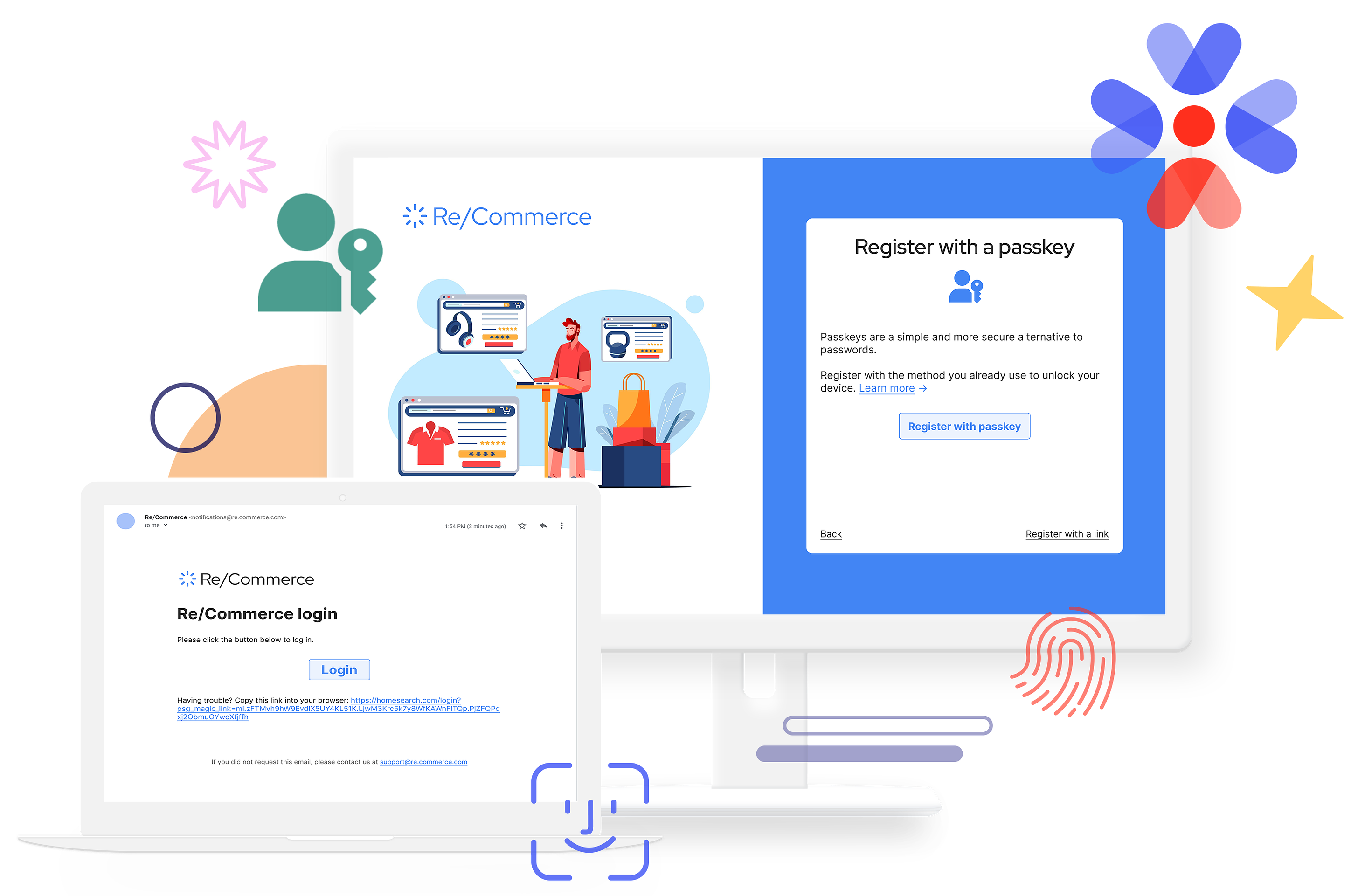

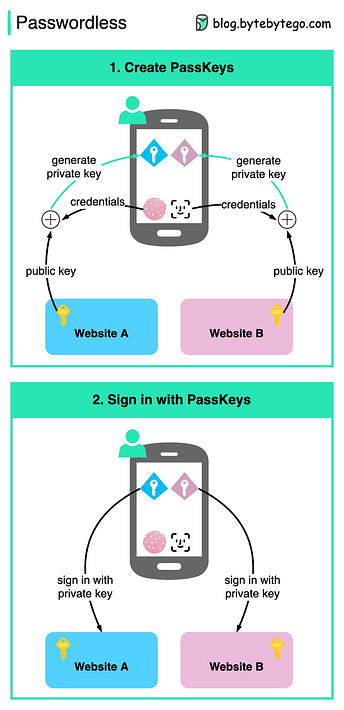
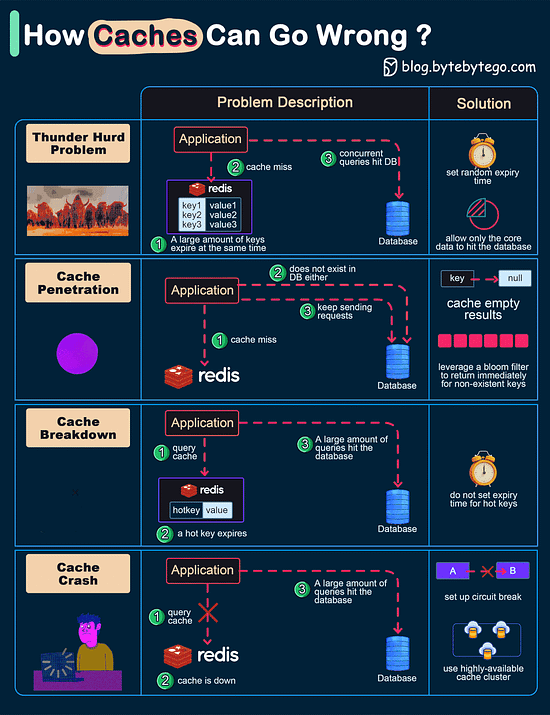
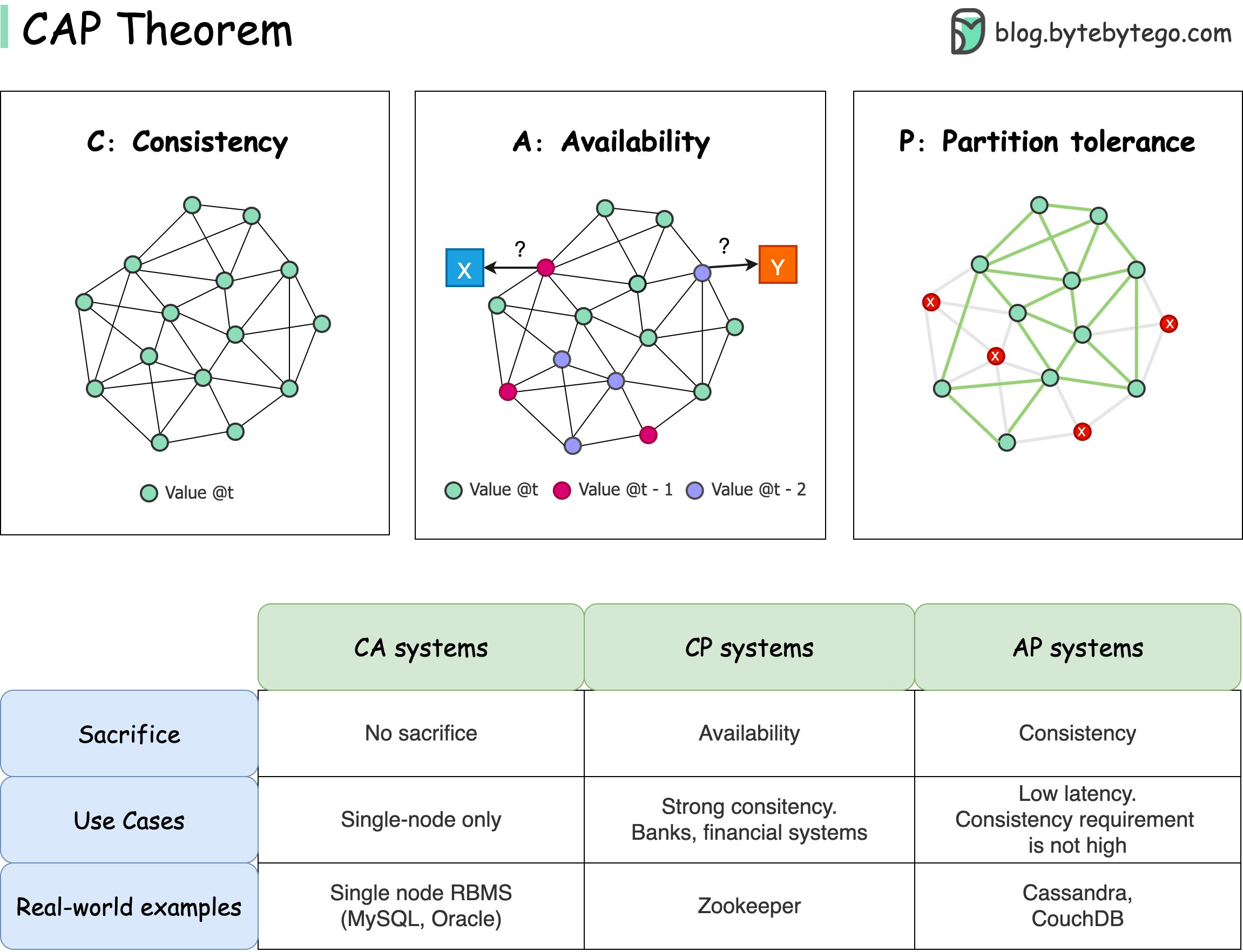

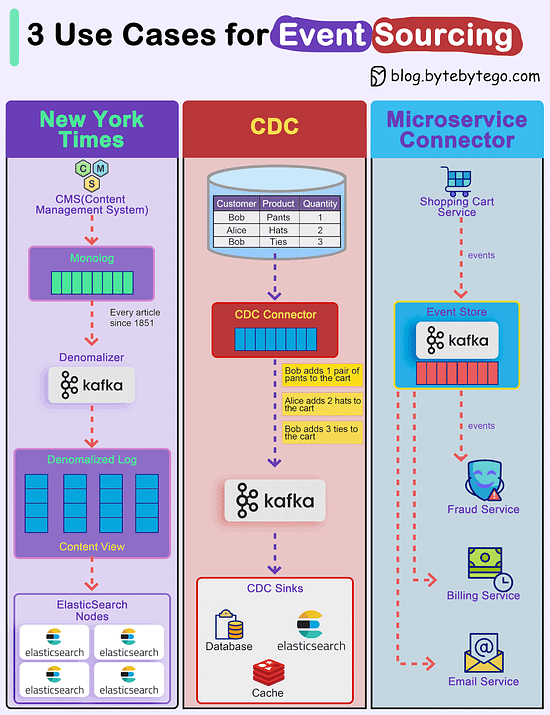






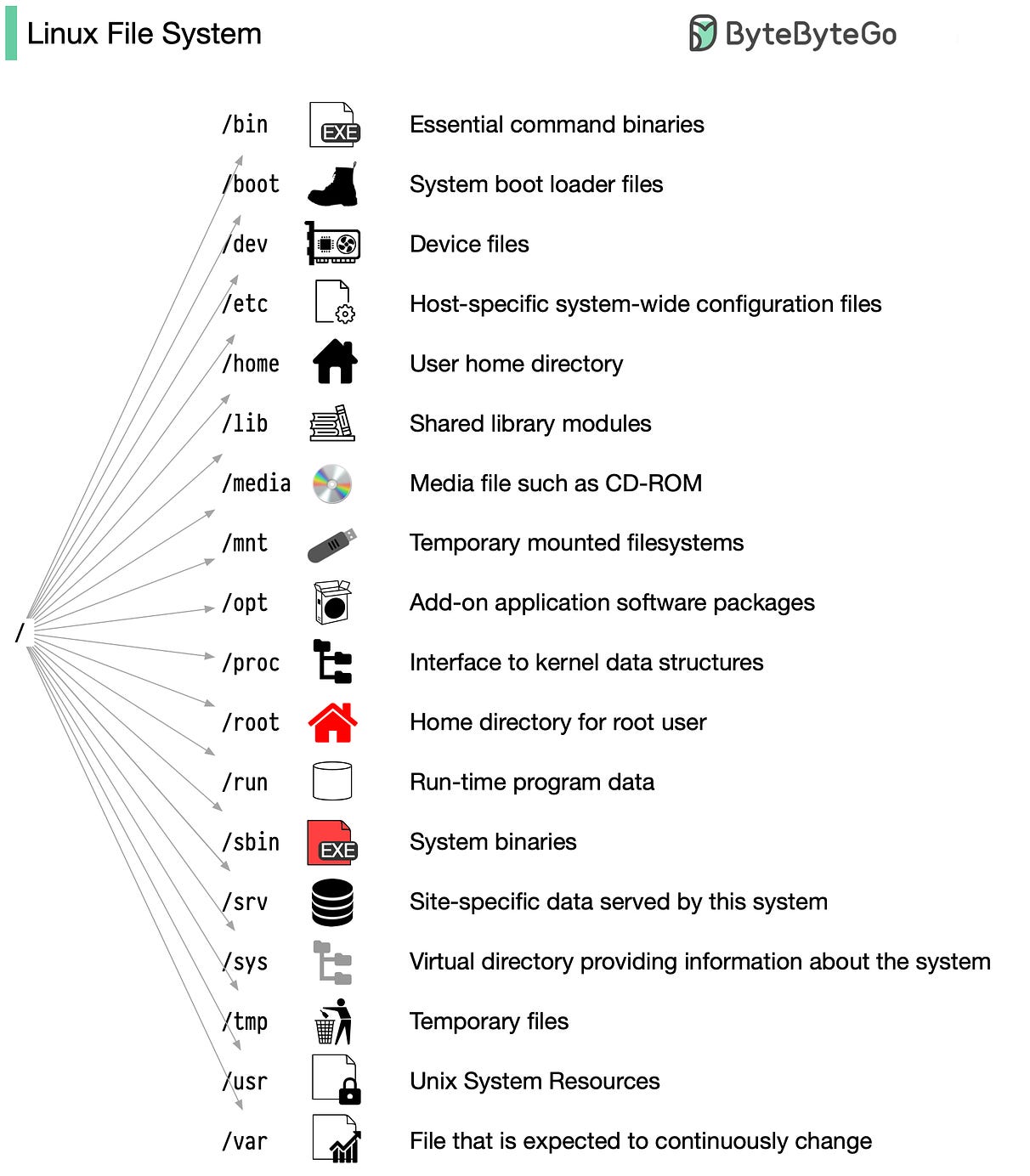
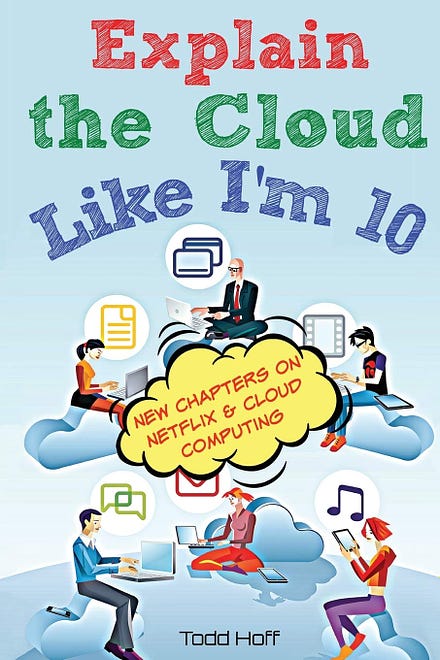
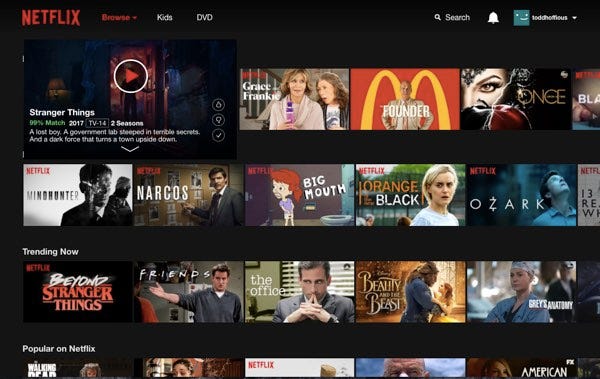
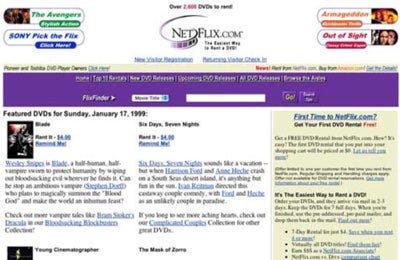
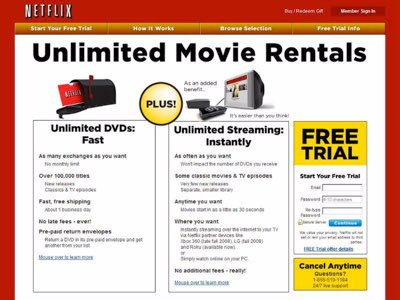

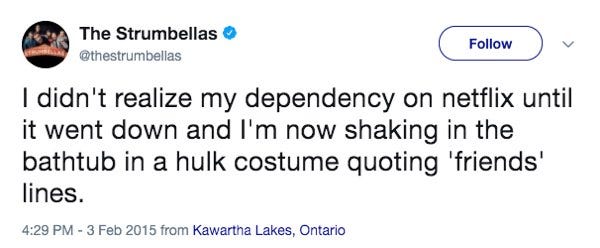

.png?width=1200&upscale=true&name=other%20212e1%20(1).png)








